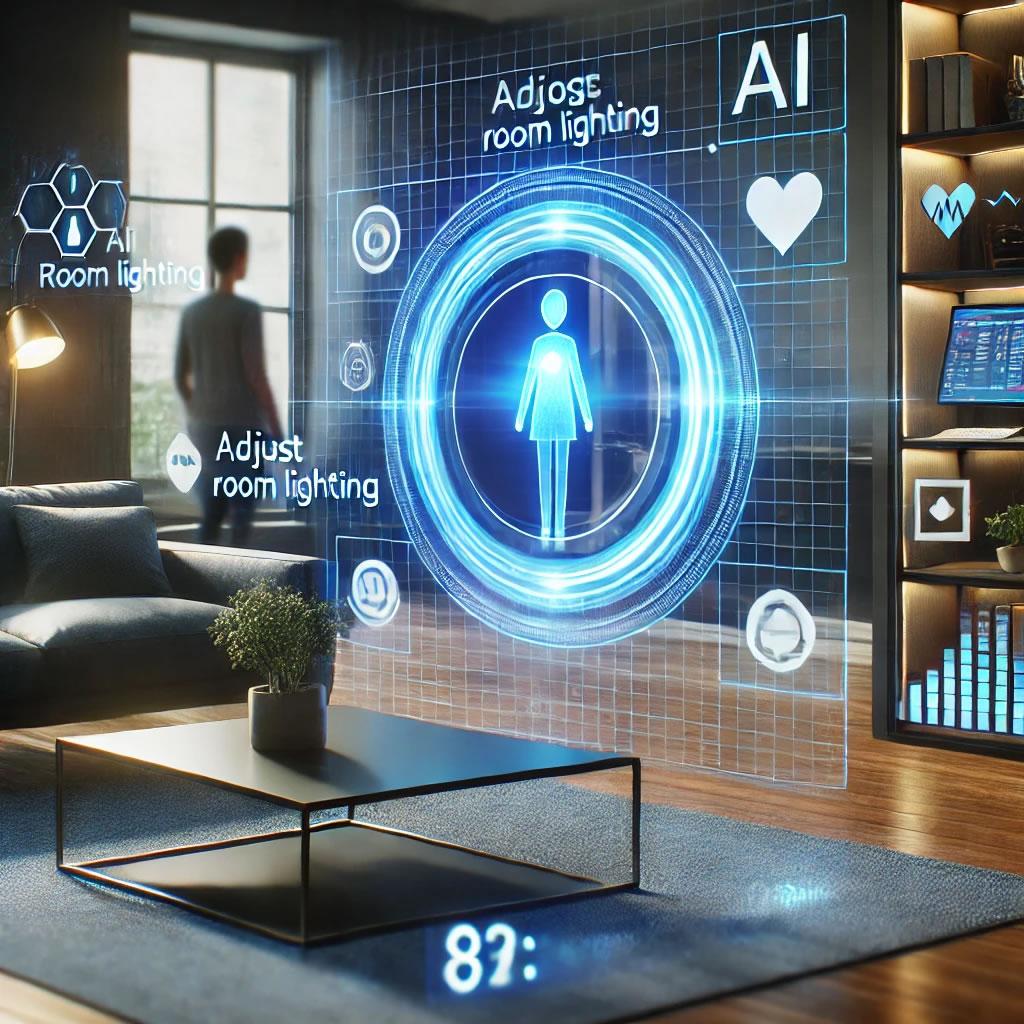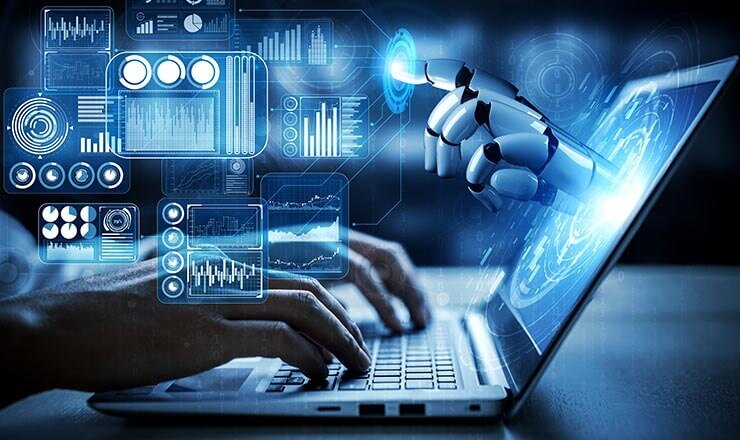How AI Agents Will Transform Our Lives

As we step into 2025, advanced digital assistants, known as AI Agents, are poised to revolutionize both our personal and professional lives. These next-generation AI systems are no longer just passive tools executing predefined commands; instead, they learn, adapt, and make decisions, mimicking human cognition and behavior.
But what exactly are AI agents? How do they function, and how will they redefine our future? In this article, we explore the transformative potential of AI agents and their far-reaching impact on our lives.
What Are AI Agents?
AI agents are intelligent software systems capable of autonomous learning, decision-making, and human interaction. While today’s virtual assistants—such as Siri, Google Assistant, and Alexa—represent the most basic forms of AI agents, the future will see them operating at a far more sophisticated level.
Key differences from traditional AI systems include:
-Proactive Behavior → Instead of merely responding to commands, AI agents anticipate user needs and take action accordingly.
-Continuous Learning & Adaptation → They analyze user habits and refine their services over time for a highly personalized experience.
- Contextual Understanding → They assess situations in real-time to determine the most appropriate course of action.
- Human-Like Interaction → AI agents can engage in natural, intuitive conversations, responding with voice and text just as humans do.
For example, while today’s smart assistants can provide basic weather updates, AI agents of the near future will go further—suggesting when to start your coffee maker, optimizing your meeting breaks, or even analyzing your mood to recommend activities that enhance your well-being.
How AI Agents Will Reshape Our Lives
Technological breakthroughs often transform daily life in ways we may not immediately recognize. AI agents are expected to drive radical change across multiple domains, including business, personal life, education, and healthcare.
Revolutionizing the Workplace: Full Automation & Efficiency
For businesses, AI agents will enhance productivity by minimizing human errors and optimizing workflows.
- Finance → Automated investment advisors will analyze market trends and recommend optimal financial strategies.
- E-Commerce → AI-driven personalized customer support will replace traditional service models.
- Healthcare → AI-powered diagnostic tools will provide faster and more accurate patient assessments.
Even today, some companies rely on AI-driven recruitment processes. In the near future, AI agents may fully automate a wide range of professional roles, reshaping the workforce as we know it.
The Rise of AI-Powered Personal Assistants
What once seemed like science fiction is now becoming an integral part of daily life.
AI agents will:
- Organize your schedule based on your commitments and preferences.
- Monitor health metrics and provide personalized wellness advice.
- Optimize your commute based on real-time traffic data.
- Detect stress levels and recommend relaxation techniques or mood-boosting activities.
For instance, if you tell your AI assistant, “I want to eat healthier this week,” it could generate a custom meal plan, organize grocery lists, and even suggest nutritious recipes.
AI-Driven Education: A Personalized Learning Experience
Education will undergo a major transformation with AI-powered personalized learning models.
- AI agents will analyze students’ learning patterns and create tailored educational plans.
- If a student struggles with mathematics, AI will generate customized exercises to reinforce their skills.
- Teachers will receive AI-generated reports highlighting student performance gaps.
- Digital textbooks and virtual instructors will become fundamental components of modern education.
AI in Healthcare: Personalized Solutions for Well-Being
AI will revolutionize healthcare with individualized support and preventive solutions.
Imagine:
- A health-monitoring AI agent that detects irregularities in your heart rate and advises medical consultation.
- A virtual therapist that assesses your emotional state and suggests relaxation exercises or mindfulness practices.
These advancements are no longer speculative—they are on the horizon.
Conclusion: Are We Ready for the AI Revolution?
Throughout history, technological advancements have aimed to simplify and enhance human life. AI agents represent one of the most significant steps in this ongoing transformation. They are no longer just tools responding to commands; they think, adapt, and make informed decisions on our behalf.
To navigate this shift successfully:
- We must stay informed about emerging technologies.
- We need to establish ethical guidelines to ensure AI serves humanity responsibly.
- We must adapt to evolving job markets and skill requirements.
AI systems will go far beyond today’s digital assistants, integrating seamlessly into all aspects of our lives—offering hyper-personalized services, optimizing efficiency, and reshaping industries.
However, this transformation also raises critical ethical and security concerns. Issues such as data privacy, employment shifts, and AI governance will be central to discussions about the future.
AI agents hold the potential to greatly enhance human life—but how we implement and regulate them will ultimately determine whether they become a force for progress or a challenge to overcome.
So, the question remains: Are we truly ready for this future












